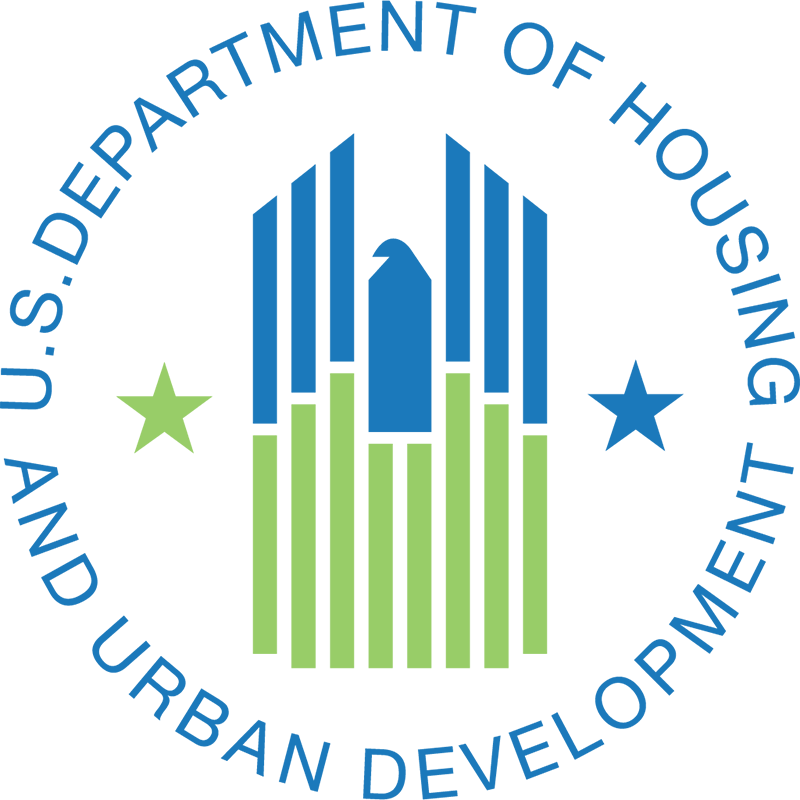HUD Rule Takes New Approach to Affirmatively Furthering Fair Housing, Faces Criticism from Fair Housing Advocates

Yesterday, HUD released a proposed rule that would reform its regulations relating to the 1968 Fair Housing Act’s requirement that HUD grantees affirmatively further fair housing (AFFH). The proposed rule, once finalized, would replace the AFFH rule published in 2015 under the previous administration. In 2018, HUD Secretary Carson suspended the 2015 AFFH rule after the first implementation round resulted in high failure rates among jurisdictions, which HUD maintains was due to the rule’s complexity and the strain placed on jurisdictions’ budgets.
The proposed rule shifts focus from data-based planning efforts to further fair housing to actions a jurisdiction could take to increase “fair housing choice,” which HUD defines as allowing “individuals and families to have the opportunity and options to live where they choose, within their means, without unlawful discrimination related to race, color, religion, sex, family status, national origin, or disability.”
Under the proposed rule, each jurisdiction that submits a Consolidated Plan (Con Plan) would submit with it a certification that it will affirmatively further fair housing and commit to addressing at least three obstacles to fair housing choice or fair housing goals over the next five years. The public comment process requirement for AFFH would become part of the Con Plan public comment process. Submissions would include an explanation of how pursuing each goal or addressing each obstacle would further fair housing choice. HUD would review the goals or obstacles and verify that the jurisdiction is using concrete and measurable standards but would not require that they cover any specific topic or reach certain thresholds. The goals or obstacles would not need to be based on a specific mode of analysis, such as statistical analysis of housing patterns; utilize specific data sets; or require original research.
HUD envisions instituting a system that would use publicly available metrics to score and rank CDBG-receiving jurisdictions against other similarly situated CDBG-receiving jurisdictions that submit a Con Plan in the same year. Data sets HUD may use for the ranking and scoring include data from the U.S. Census Bureau, American Community Survey, and the U.S. Post Office, as well as HUD-generated data, and would be used to determine how well a jurisdiction is providing affordable, quality housing free of violations of the Fair Housing Act and related statutes.
HUD is considering rewarding jurisdictions that score well and show significant improvement, which may include preference points on various Notices of Funding Availability, other additional program funds HUD may have access to due to reallocations of recaptured appropriated funds, or forms of regulatory relief. Rewards would be available only to jurisdictions that have not had an adverse adjudicated fair housing complaint brought against them on behalf of HUD or the Department of Justice. However, the proposed rule does not mention how HUD would treat jurisdictions that have been sued for fair housing violations by private entities.
While HUD believes these scores and rankings would be useful, they would not reflect a determination of whether the jurisdiction has complied with its obligation to affirmatively further fair housing. However, if a jurisdiction falls into the bottom ranking, HUD may consider the accuracy of the jurisdiction’s AFFH certification and would require the jurisdiction to provide additional information to demonstrate that it is affirmatively furthering fair housing to the best of its ability. If HUD deems the additional information insufficient, HUD would reject the AFFH certification and provide the jurisdiction with the specific steps it must take to remedy the issue. If the jurisdiction continues to be unable to convince HUD of its efforts to further fair housing, HUD could withhold certain grants.
Many fair housing advocates maintain that the proposed rule does not provide adequate enforcement measures and will not ensure that jurisdictions meet their obligations under the Fair Housing Act and related laws.
NCSHA intends to submit comments to HUD on behalf of our HFA members. Comments will be due to HUD 60 days after the proposed rule’s publication in the Federal Register, which we expect will happen this week. HFAs should provide their feedback to Jennifer Schwartz by Friday, March 20.

